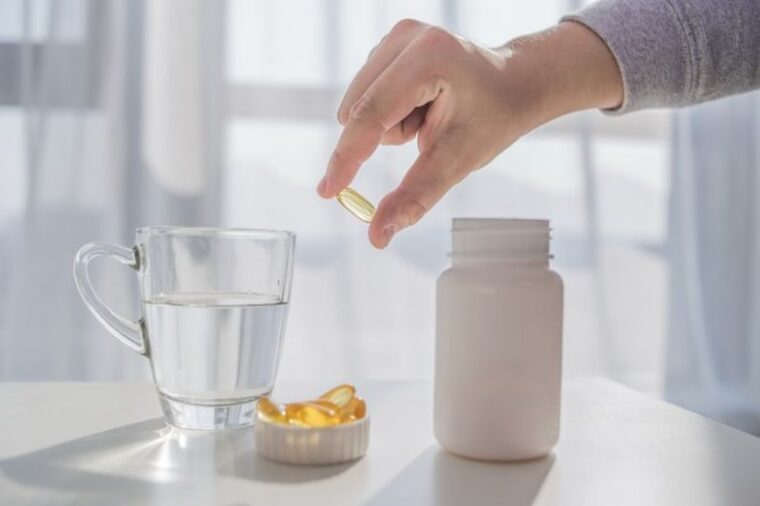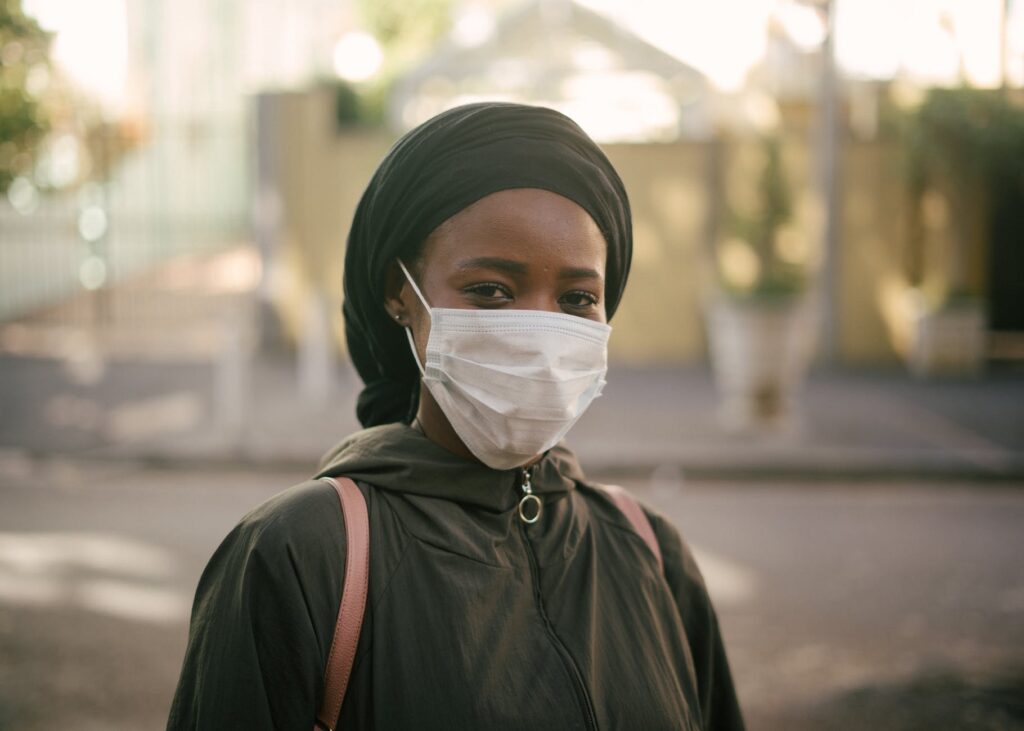There are many suggestions surrounding the topic of whether we should consider a Vitamin D supplement during COVID-19. Although there is a lot of conversation around this topic, the evidence supporting it is still somewhat confusing and definitely not definitive as of yet. Supplements should only be considered if there is a need for them, due to a certain deficiency or to provide a health boost benefit.
Although there is still no solid evidence to support the notion that increasing your intake of vitamin D as a supplement can help in protecting you against COVID, we will delve a bit deeper into the evidence obtained so far, and whether increasing vitamin D intake can prevent or help in curing this virus.
What is Vitamin D?

There are several vitamins and minerals out there that are considered hugely beneficial for children and adults alike. You can find those vitamins on websites like this one. Vitamin D is considered to be one of them with a small and steady intake on a daily basis being considered the best way to maintain good levels of vitamin D in your body.
Vitamin D is produced in the skin by exposing the body to approximately 10 – 15 minutes of sun per day. It helps in regulating the amount of calcium and phosphate in the body. These are essential nutrients for maintaining the health of bones, teeth, and muscles. A deficiency of vitamin D can lead to bone defects in the body such as rickets in young children, and osteomalacia in adults, which can cause great bone pain.
How is Vitamin D obtained?

The most obvious and feasible way to obtain high levels of vitamin D is through sunlight. There are two main forms of sunlight; UVA and UVB. The skin soaks up levels of vitamin D from UVB, it can also, however, contribute to skin damage and lead to premature aging or skin cancer. So extra caution needs to be taken, especially between 10 am – 2 pm, extra protection for the skin against the sunlight is essential.
Keep in mind that the body only needs to be exposed to approximately 15 minutes of sunlight per day. This is less of a problem in summer when wearing lightweight clothing, but can be a bit more difficult in winter months when there is very little sunlight available during the day.
Our bodies can also obtain a certain amount of vitamin D from dietary foods, but the list is very limited. These include; dairy, egg yolk, butter, oily fish, and red meat, these are all very reasonable sources of vitamin D. A varied and healthy diet can definitely provide a good amount of vitamin D, however, our body produces the majority of the vitamin D we need from exposure to sunlight.
Should Vitamin D be supplemented during COVID?

There is still great uncertainty as to when a cure or vaccination for COVID-19 will be produced and distributed to the public. In the meantime, there are some precautionary measures we can take as a way to protect against the virus. Vitamin D is one of those vitamins that is very important for the immune system.
There are several studies that conclude a deficiency in vitamin D can greatly affect the functioning of your immune system and therefore increase your risk of developing a respiratory illness. There is a current study from Germany which suggests that taking vitamin D3 supplementation could offer a potentially safe way of reducing the risk of COVID-19 illnesses and deaths. This is down to reducing the risk of severe respiratory infections. The findings of this German study are backed up and supported by new research coming from Northwestern University who are suggesting that vitamin D could help in reducing the extreme inflammation which creates more severe outcomes in coronavirus patients.
There needs to be some caution when supplementing any vitamin into your body. Vitamin D, in particular, aids in the uptake of calcium, an excess of intake can lead to increased calcium levels in the blood. This can be harmful and cause side effects such as; grogginess, constipation, and even death if levels become too toxic. This is a very extreme state with a daily dose of up 2000 IU considered to be the safe region.
The aim here is to increase the levels of vitamin D in the body to avoid deficiency in the first place. This is to support the immune system and regulate a healthy lifestyle; mainly the food you consume and the diet you keep as well as the time you spend outdoors, exposed to sunlight.
If you are taking Vitamin D supplements, there needs to be a level of caution and awareness, as taking too many supplements over a long period of time can lead to a build-up of calcium in the body, otherwise known as hypercalcemia. This can cause bones in the body to severely weaken as well as damage to the kidney and heart. A recommended amount of vitamin D supplements is 10 micrograms a day.
Who Should Supplement Vitamin D during COVID?

Most of the evidence obtained so far does not support or prove that a lack of vitamin D can create a higher risk of catching COVID-19. There are, however, higher-risk groups such as; older adults in care homes and African-America as well as other ethnic minority groups. Other high-risk groups and factors include obesity and socioeconomic status.
As the main source of obtaining good levels of vitamin D is through direct exposure to sunlight, those that are housebound or forced to stay indoors during lockdown don’t have the opportunity to manufacture vitamin D naturally. It has also been found that those with darker skin then to produce less vitamin D. Obesity is also linked with low levels of vitamin D production.
Therefore, whilst supplementation is beneficial for the majority of people, there should be particular consideration for; adults with darker skin where pigmentation can reduce vitamin D production, adults with slower digestive health which can limit the absorption of vitamin D from dietary foods, and adults with liver disease where there is a lack of vitamin D conversion into its active form.
